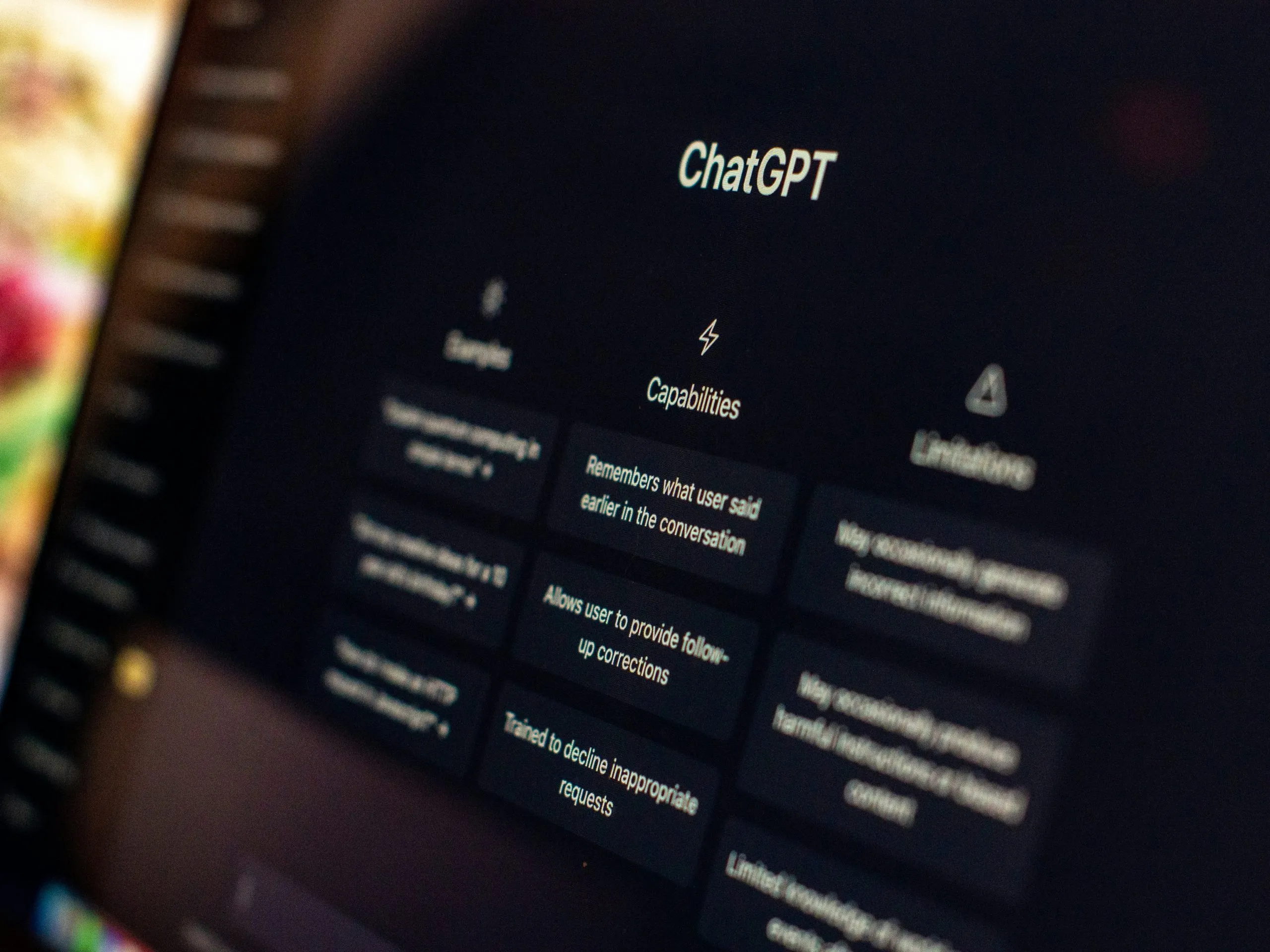Breaking barriers: Seniors learn to navigate AI with ChatGPT
How older adults in Calgary are adapting to the digital age
When a senior at the Calgary Public Library asked how she could make calls without a phone, a technology mentor turned to ChatGPT for an answer. Moments later, she had a list of solutions she never knew existed.
As artificial intelligence (AI) technology becomes an increasingly dominant force in daily life, curious seniors are actively learning to use tools like ChatGPT to navigate their world more effectively.
From finding answers to personal questions to learning how to make the most of AI-assisted technology, there are many ways in which older adults can interact with these tools.
However, their journey isn’t always straightforward and many still need guidance to feel confident using the new resources.
At the library’s Tech Mentors program, seniors appear to be a demographic particularly curious about using tools like ChatGPT.
Davina Jehring, Tech Mentors volunteer coordinator, gets many questions from this age group.
“I noticed that ChatGPT and all the cool things that you can do with it come up more frequently,” she said.
Even if they don’t end up using it, older adults are interested in learning more about the new technology. They want to know what it is and what the tool can do because it has become such a dominant part of our culture.
However, according to Jehring, teaching older adults to use ChatGPT isn’t as simple as it might seem. For younger generations, using AI tools might feel like second nature. But for seniors, the technology is completely unfamiliar—even the concept behind it is hard to wrap their heads around—and they need extra support to understand how to interact with it.
Volunteers are teaching them how to write the correct prompts for ChatGPT, how to type and what kind of answers to expect.
“It’s not just about going to a site, typing something into a box, and pressing enter. It’s about how we interact with these tools,” said Macaulee Cassaday, program director of Cyber-Seniors, a non-profit organization that provides older adults with technology training.
“If you’ve ever been with someone unfamiliar with AI, you can hear them asking questions in a way that won’t get them the right answer. It’s about learning how to ask the right questions and understanding the responses.”
Volunteers from both organizations spend time explaining the nuances of interacting with ChatGPT and other AI tools, helping seniors understand that how they phrase their questions matters.
“We take it for granted because we’ve used these tools for so long. For seniors, it’s not as intuitive as we think,” said Cassaday.
For some, however, AI is more than just a tool—it’s an opportunity to stay engaged in a rapidly evolving world.
Rick Williamson, 84, is a retired IT advisor. He has been eagerly exploring AI, recently diving into Gemini and AI assistants.
He finds the technology easy to use. Living in a retirement community, he sees many accomplished peers still catching up with new technology. One of them, a 99-year-old woman, has been baffled that her world suddenly seems to be entirely on her iPhone.
“She’s sharp as a tack, but it’s a big adjustment,” Williamson said.
From his small office at the seniors residence, he juggles multiple tasks, including talking on his iPhone, working on his laptop and switching between Microsoft tabs as he helps field requests for help with various uses of technology from his friends and peers.
He’s built a strong reputation for assisting others with their Androids and iPhones, and he is enjoying helping fellow seniors stay connected.
For Williamson, technology isn’t a barrier—it’s an opportunity. While many assume seniors struggle with tech, he wants to dispel that stereotype. He’s not just keeping up. He’s leading the way, bridging generations and showing that age is no limit to playing with technology innovation.

